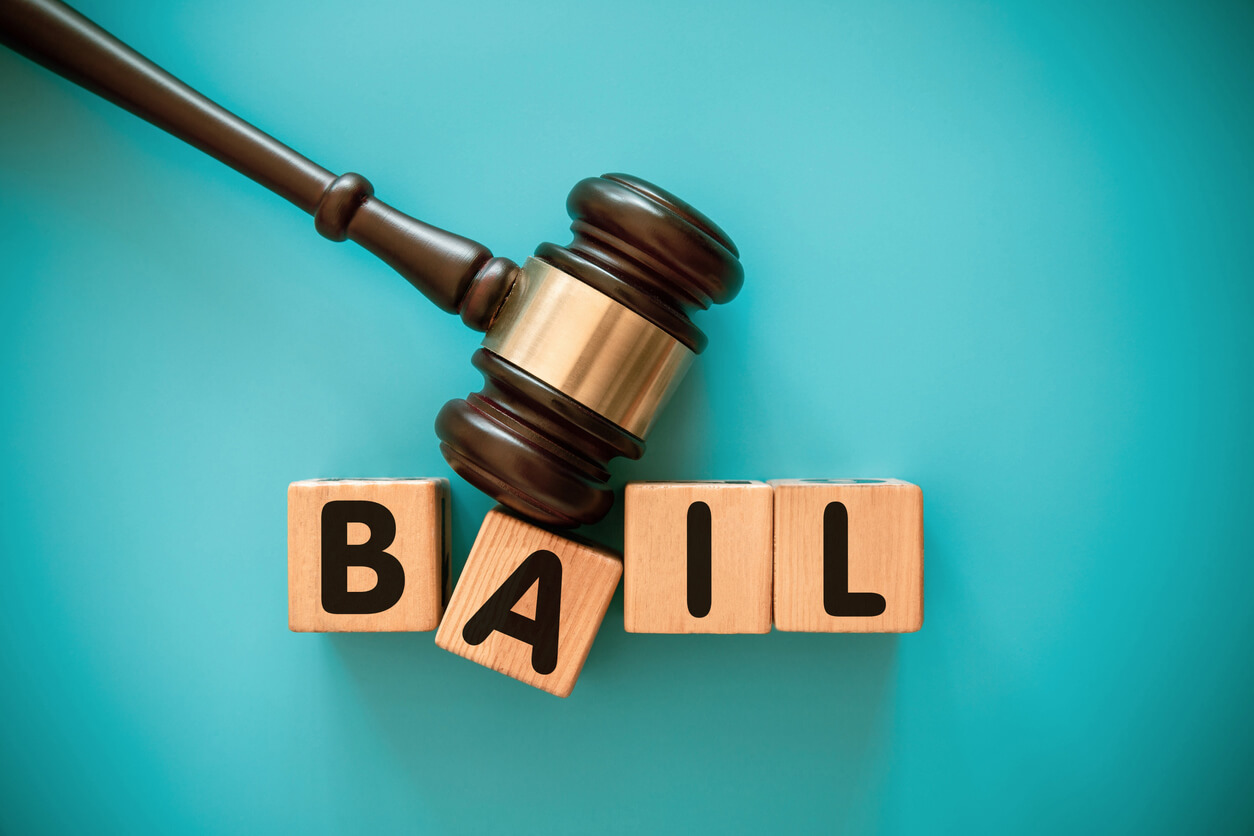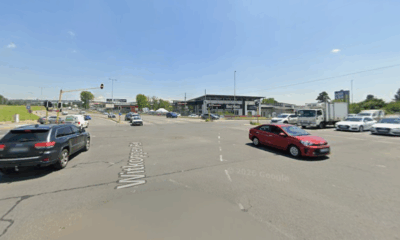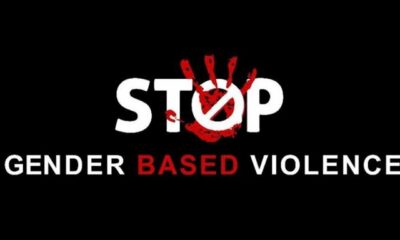Best of Johannesburg
Bail in South Africa 2025: Why Some Walk Free While Others Stay Behind Bars

How Bail Really Works in Gauteng These Days
If someone’s arrested in Gauteng today, bail is the legal gate that might let them go free until court. But very few things are simple. The law, the courts, and even public expectations have shifted in 2025. Knowing how the system operates now helps everyone understand why some accused walk free, and others stay locked up.
The Foundation: What Bail Means
-
Bail isn’t guilt or innocence. It’s a temporary release until trial.
-
The legal basis is the Criminal Procedure Act 51 of 1977, as amended. (That includes the amendments that tighten bail rules in gender-based violence (GBV) cases).
-
Constitutional rights are involved, too. Every accused person has the right to be released from detention if the interests of justice allow it. But “interests of justice” is a high standard when the alleged crime is serious.
Who Grants Bail, and When
There are three main paths to get out on bail in Gauteng:
-
Police bail is for less serious offences. A senior officer may release someone at the police station.
-
Prosecutor’s bail is when offences are more serious but not in the highest schedules; if criteria are met, a prosecutor can approve release before the first court date.
-
Court bail is required for serious offences listed under Schedule 5 and Schedule 6 of the CPA. In GBV cases there is no longer police or prosecutor bail; only courts may decide.
Importantly, anyone arrested must be brought before a court, usually within 48 hours. That gives the court or presiding officer a chance to hear arguments about release.
What Courts Look At To Grant or Deny Bail
Courts weigh several things before deciding:
-
Will the accused show up for every court date
-
Are they a flight risk
-
Might they commit further crimes if released
-
Could they intimidate witnesses or interfere with evidence
-
Do they pose a danger to the public
For severe offences (Schedule 5 / Schedule 6) the burden of proof shifts more heavily onto the accused. In Schedule 6 cases (for example murder, rape) they must demonstrate exceptional circumstances to get bail.
What’s New in 2025: GBV Changes
One of the biggest recent updates concerns gender-based violence cases. These changes significantly restrict how bail works when GBV is involved:
-
In GBV offences the accused cannot get bail from police or prosecutors. Only a court makes that decision.
-
The burden of proof is reversed in GBV bail applications. The accused must show why bail should be granted rather than the state having to prove the accused should be detained.
-
Courts must ask about existing protection orders for the complainant. If any exist and were violated, that weighs heavily against bail.
-
Victim safety is now a primary factor, not a side issue. The court must consider past threats, the complainant’s risk, and even the complainant’s views on their own safety in deciding bail.
These changes come from the Criminal and Related Matters Amendment Act (2021 / CPA amendments), now firmly in force in 2025.
Why Some Accused Walk Free
When people see someone accused of a serious crime walking free, it can spark anger or confusion. But there are good, legal reasons this happens:
-
They meet all bail conditions: stable address, community ties, and no evidence they’ll flee or be dangerous.
-
They show up for court and obey bail conditions (reporting to police, etc.).
-
For minor charges or dismissible cases, release on a warning or bail with minimal constraints is possible.
-
Court backlogs and overcrowded correctional facilities make prolonged detention before trial a problem. Law gives accused persons a chance for release so they’re not stuck indefinitely.
-
Sometimes the state does not have enough evidence at the first hearing to show the risks needed to deny bail.
When Bail is Denied or Revoked
Not everyone gets bail, and even those who do must obey strict conditions. If not:
-
The court might refuse bail if the crime is very serious or risk factors are high.
-
Breaking bail conditions (skipping court, contacting witnesses, etc.) can lead to the money paid as bail being forfeited, a warrant being issued, or being placed back in custody.
-
In GBV cases, because of the new burden of proof and protection order obligations, the threshold to get bail is much higher.
Local Voices, Reactions & Why this Matters
In Gauteng and across South Africa, people have been talking loud about these changes. On social media many survivors of GBV say the new rules feel like overdue justice. Others argue that the courts already struggle with backlog and capacity, so requiring every GBV case to have a full court bail hearing puts pressure on magistrates and resources.
Community activists point out that legal changes matter little without proper enforcement and victim support. They highlight delays in courts, weak protection for complainants after arrests, and lack of awareness in many communities about rights under the new law.
The Takeaway: Know Your Rights & What to Expect
If you or someone you know is involved in a criminal charge in Gauteng, here’s what to remember:
-
Charging doesn’t end with arrest: bail is a legal avenue, but getting it depends heavily on the offence’s seriousness and evidence.
-
GBV cases are treated differently now. Expect stricter rules, court-only bail decisions, and a requirement to disclose protection orders.
-
Abide by bail conditions; everything counts, from attending court dates to respecting no-contact orders.
-
If bail is refused, there may be appeals or re-applications under new facts.
Understanding bail in 2025 requires balancing legal principle (innocent until proven guilty) with the real need for public safety, protecting the vulnerable, and ensuring justice is done fairly and swiftly.
Also read: Revealed: Why 2025 Electricity Tariffs Hit South Africa’s Prepaid Households Hardest
Follow Joburg ETC on Facebook, Twitter, TikT
For more News in Johannesburg, visit joburgetc.com
Featured Image: Hancock Law Firm


























